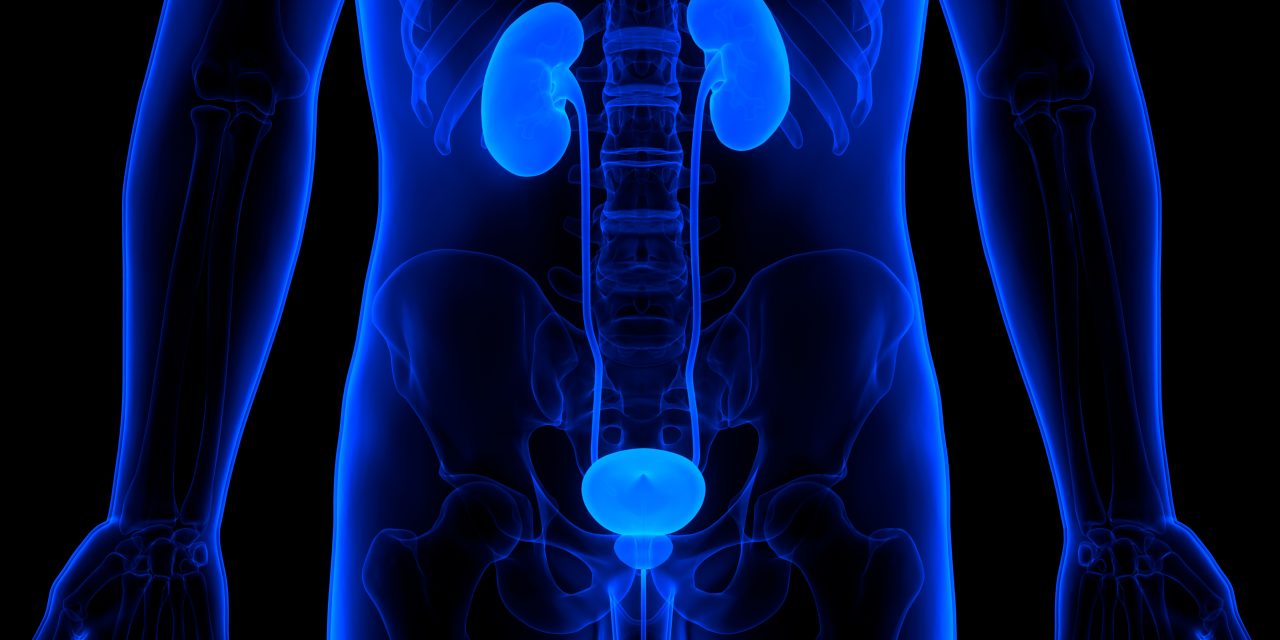Show feasibility of and develop a program to provide mentorship for applicants to urology residency during COVID-19 using a virtual program, #UroStream101.
Urology resident volunteers were paired with 4th year medical students based on shared areas of urologic interest and geographic location. A mentorship guide was provided. Mentees were offered an opportunity to design a twitter based educational resource, tweetorial, with mentor supervision. Program success was assessed by participation and with MEMeQ, a validated mentorship assessment survey.
111 students and 93 urology residents enlisted in #Urostream101. All AUA sections were represented. At time of enrollment, 19% (n=21) of medical students lacked affiliation with urology department, 24% (n=27) lacked urology mentors, and 32% (n=36) had no formal clinical exposure to urology. Many students joined twitter during the application cycle (45% within 1 month of enrollment, n=50) for solely professional reasons (71% of participants, n=79). When asked their top priority in participating in #UroStream101, most students answered resident mentorship (61%, n=68) followed by exposure to a geographically distant urology program (32%, n=36).Twenty tweetorials were created spanning the breadth of urology. 29 (26%) students completed the full MEMeQ evaluation survey, assessing a student’s goals and satisfaction with mentor. Overall program satisfaction was 6.1/7 on Likert scale, “very satisfied”. Students identified program selection and ERAS application assistance as their main goals.
#UroStream101 was a successful mentorship program for students interested in urology. This was desperately needed during an atypical application cycle and provides invaluable insight into further development of formal mentorship programs.
Copyright © 2021. Published by Elsevier Inc.
#UroStream101: Social Media as a Medium for Mentorship in Urology.


